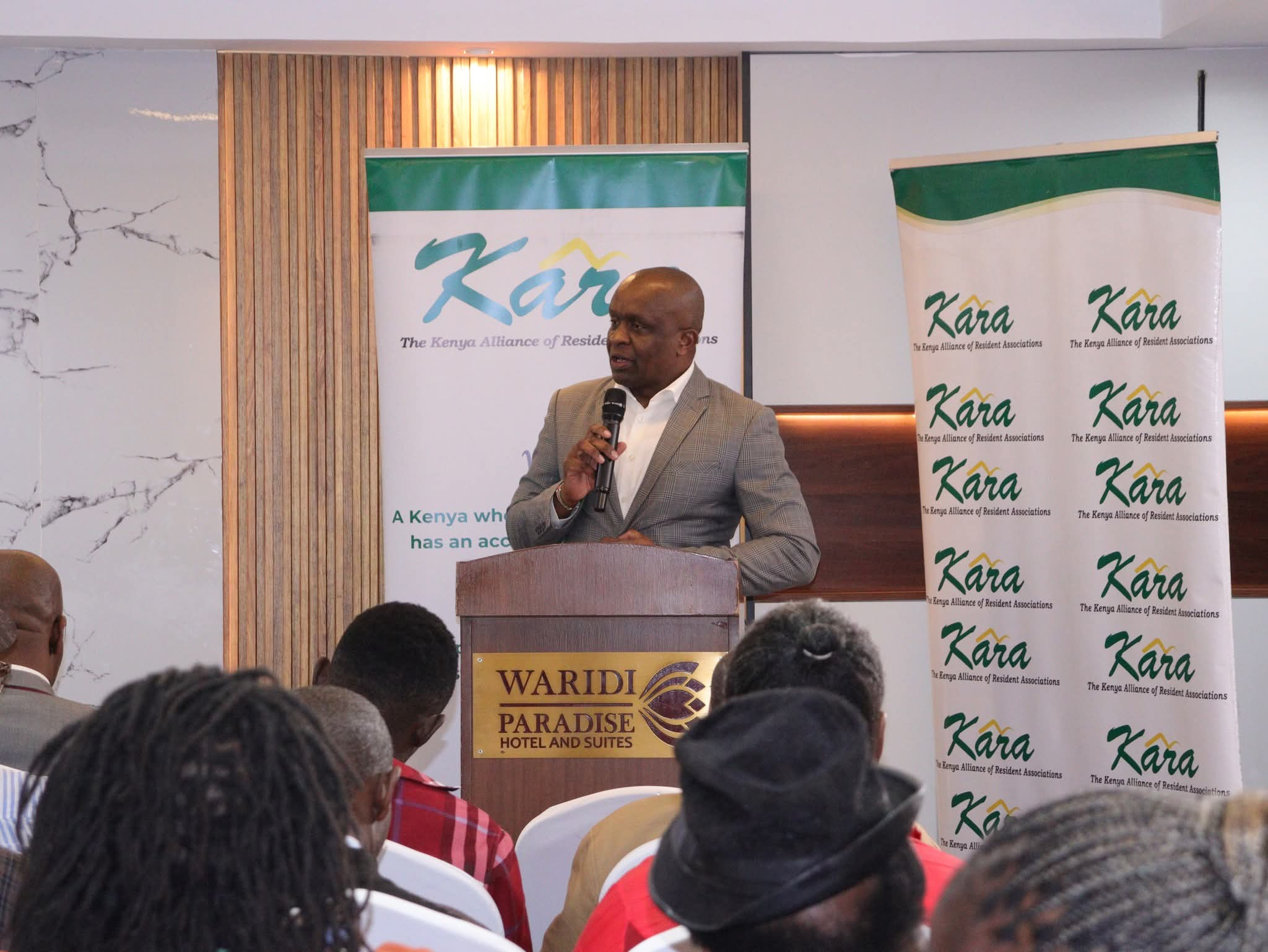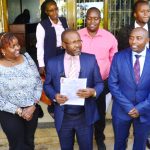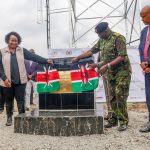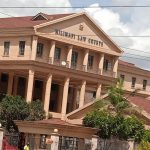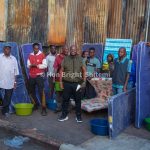KARA Chief Executive Officer Henry Ochieng speaking at a joint stakeholder session held at Waridi Paradise Hotel.
By Peace Muthoka .
Nairobi, August 20, 2025 – The long-neglected Nairobi River is on the path to revival as the Kenya Alliance of Resident Associations (KARA) and the Nairobi Rivers Commission rallied residents to play a central role in an ambitious regeneration project.
Speaking at a joint stakeholder session held at Waridi Paradise Hotel, KARA Chief Executive Officer Henry Ochieng’ said the success of the initiative depends on active public involvement.
“As KARA, we represent the voice of communities. This project is not just about cleaning the Nairobi River, but about creating a platform for residents to contribute ideas, engage, and be part of lasting solutions,” Ochieng’ said. He assured Kenyans that KARA would continue working with different stakeholders to deliver a cleaner, healthier river.
The Nairobi Rivers Commission, established by President William Ruto in 2022, is spearheading the KSh 50 billion program, which covers 27.2 kilometers of the river and its tributaries. Commissioner Joseph explained that the river has been divided into six zones to better manage pollution, which comes mainly from solid waste, sewage, and industrial effluents.
“Our mission is to unite all stakeholders to address these challenges,” he said, noting that the basin, once rich in ecosystem services, has already lost nearly half its water flow due to pollution.
Commissioner Mumo emphasized that the regeneration is more than an environmental project. He described it as a catalytic initiative aimed at restoring the rivers as social, cultural, and economic assets while also boosting climate resilience.
“The Nairobi River regeneration is more than an environmental clean-up. It is a development project that will create opportunities, restore dignity, and improve livelihoods,” Mumo said.
The first phase of the project will deliver 10,000 affordable housing units, markets for 20,000 traders, and a new trunk sewer line along the river corridor. Authorities also project the creation of more than 25,000 direct jobs, alongside reduced flooding and improved sanitation.
With government agencies, community groups, and residents all on board, the Nairobi River Regeneration Program is being hailed as a turning point in reclaiming one of Nairobi’s most vital natural resources.

